It’s a coincidence but it could hardly be more fitting that the announcement of Sir Ralf Speth’s retirement next September from his 10-year role as Jaguar Land Rover’s CEO should come on the dot of the UK’s departure from the EU.
Years before Brexit was a firm decision, Speth was a vocal critic of the idea, warning anyone who would listen – from voters to prime ministers – of the dire consequences likely to affect and diminish Britain’s motor industry if the intricate relationship between UK manufacturing, its European suppliers and its global customers were interrupted. In many important ways, Speth has been proved right: the UK industry has declined rapidly and that trajectory looks set to continue for several years yet, before it begins to reconfigure.
The fortunes of Jaguar Land Rover (JLR) were clearly always at the front of Speth’s mind: during his tenure, the two-marque company became Britain’s largest and by far its most profitable car manufacturer. But a sudden shakeout in 2017, caused primarily by rapid public rejection of diesel engines and major difficulties in China, brought serious losses, plus the unforeseen need to sack 4500 employees and to trim costs by £2.5 billion. The action worked and JLR returned to profitability six months ago.
However, Speth’s legacy amounts to far more than some financial bumps in the road. He has built Britain’s biggest car manufacturer – and given it manufacturing outposts in Brazil, Slovakia and China as hedges against both high manufacturing costs and the financial bumps of the future. He has brought a new rigour to JLR, learned from his several formative decades as a young BMW engineer. Today, the relationship between JLR and BMW moves ever closer.
He has embraced and worked in impressive harmony with Tata Sons, JLR’s Indian owners – whose arrival was a profound shock to many in the UK – always reserving a special respect for Ratan Tata, who stoutly led the original acquisition and whose influence in old age continues to guide JLR. Speth’s innate love of cars led to the creation of a succession of well-targeted and enticing Land Rover and Jaguar products. His restless love of progress led JLR to put a successful, desirable premium electric car, the Jaguar I-Pace, on the market about a year before his German opposition could respond.
In recent years, Speth has been a remarkable servant of his adopted country, too. He has taken British citizenship – hence the recent, quiet confirmation of his honorary knighthood – and has used his knowledge of what matters in modern industry to press local politicians on key projects, in particular the establishment of a fully fledged battery manufacturing operation. His close relationship with Midlands universities has greatly helped: so far, we have a UK Battery Industrialisation Centre designed to take innovations developed in universities and point them towards full-scale production. The next step, as Speth keeps pointing out, is large-scale manufacturing.
JLR’s brief announcement of Sir Ralf Speth’s forthcoming retirement as CEO next September proposes no replacement. A statement from the Tata Group's chairman implies the search is just beginning. But Speth’s own comment concludes with the prophetic line: “Personally, I look forward to new and exciting challenges.” We interpret this as a strong likelihood that, set free from steering a large industrial conglomerate, Speth will revert to pure engineering, his first love, directing his skills towards future mobility. Hopefully, he’ll do it right here in the UK.

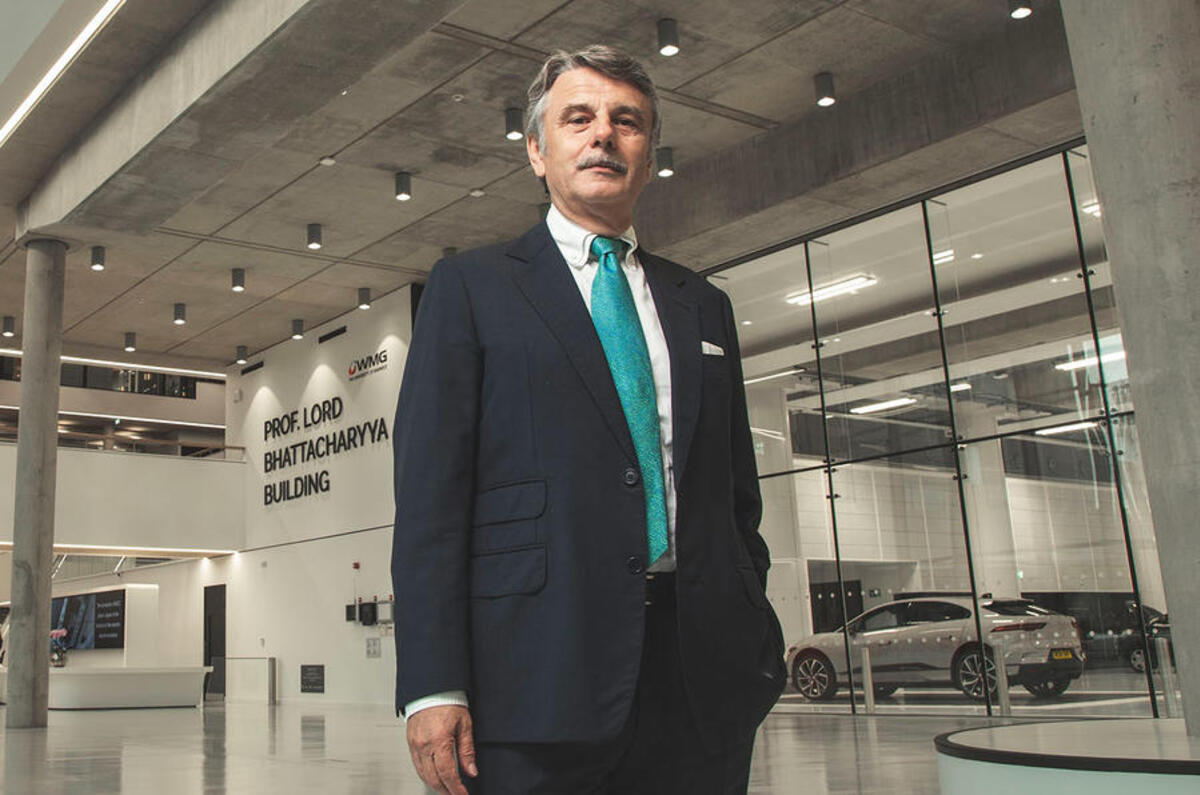
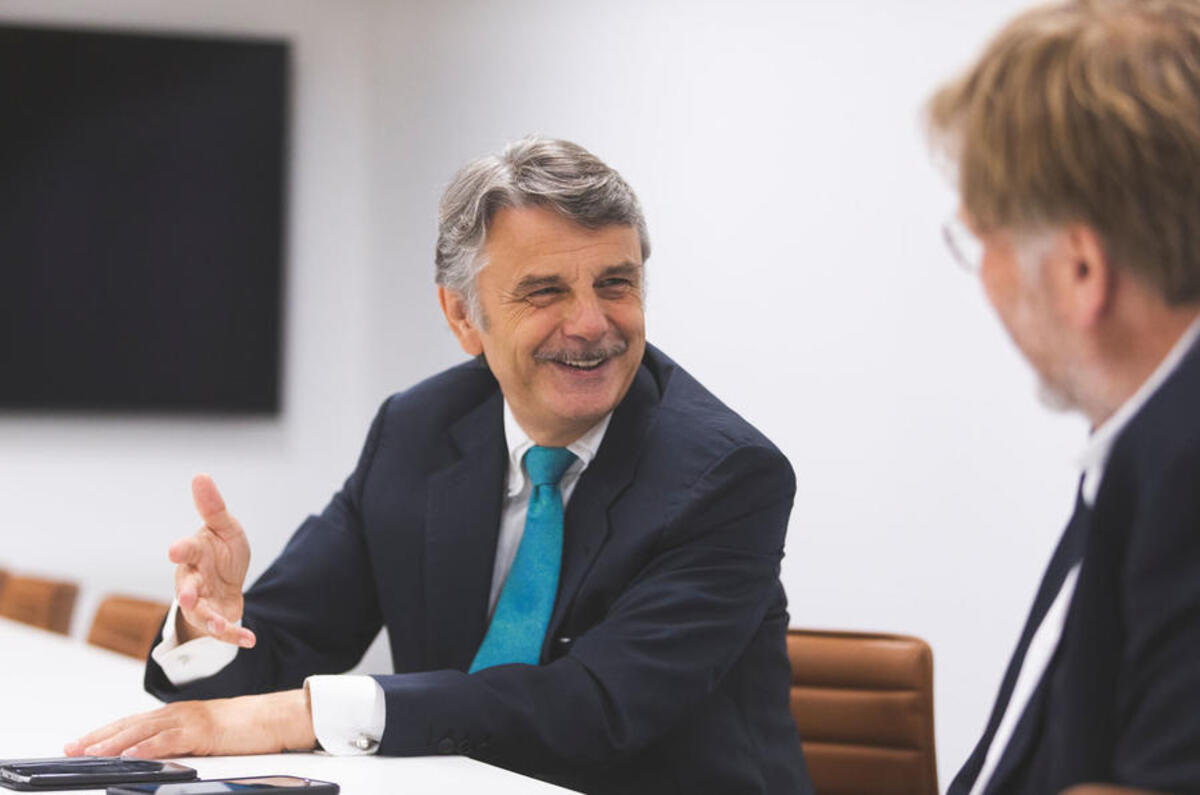
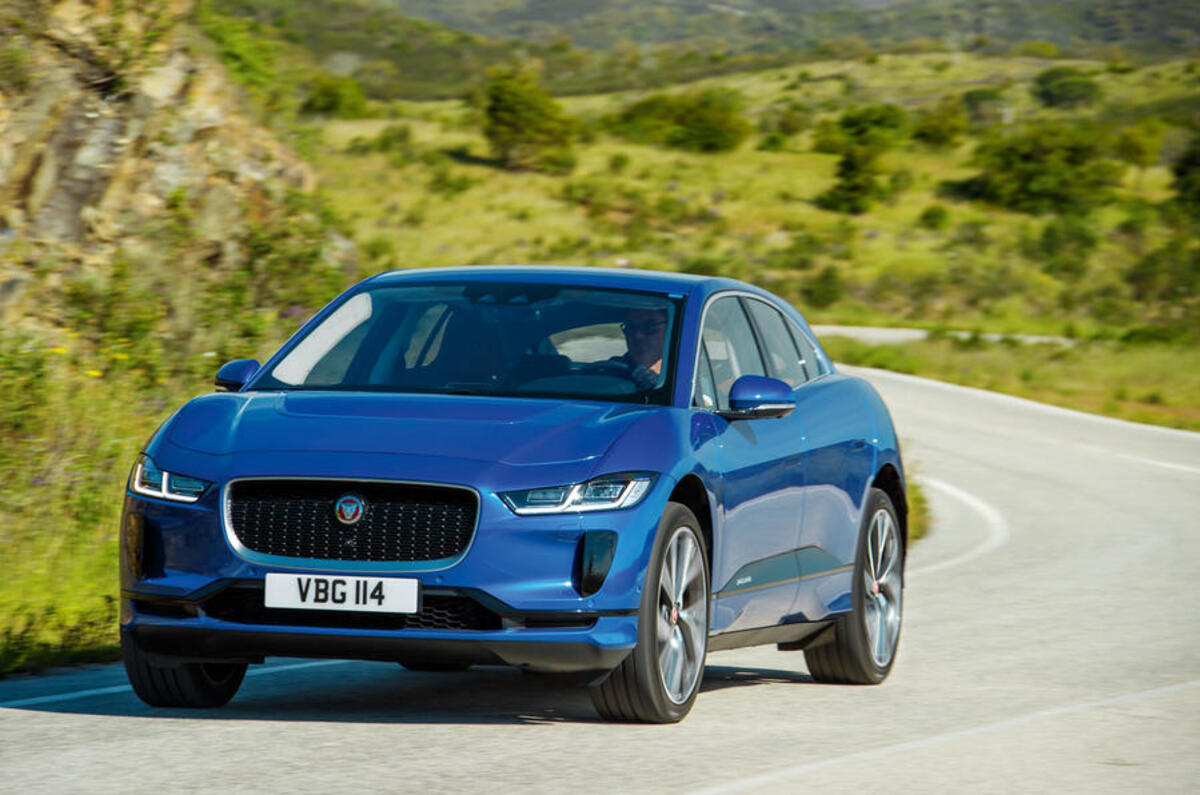
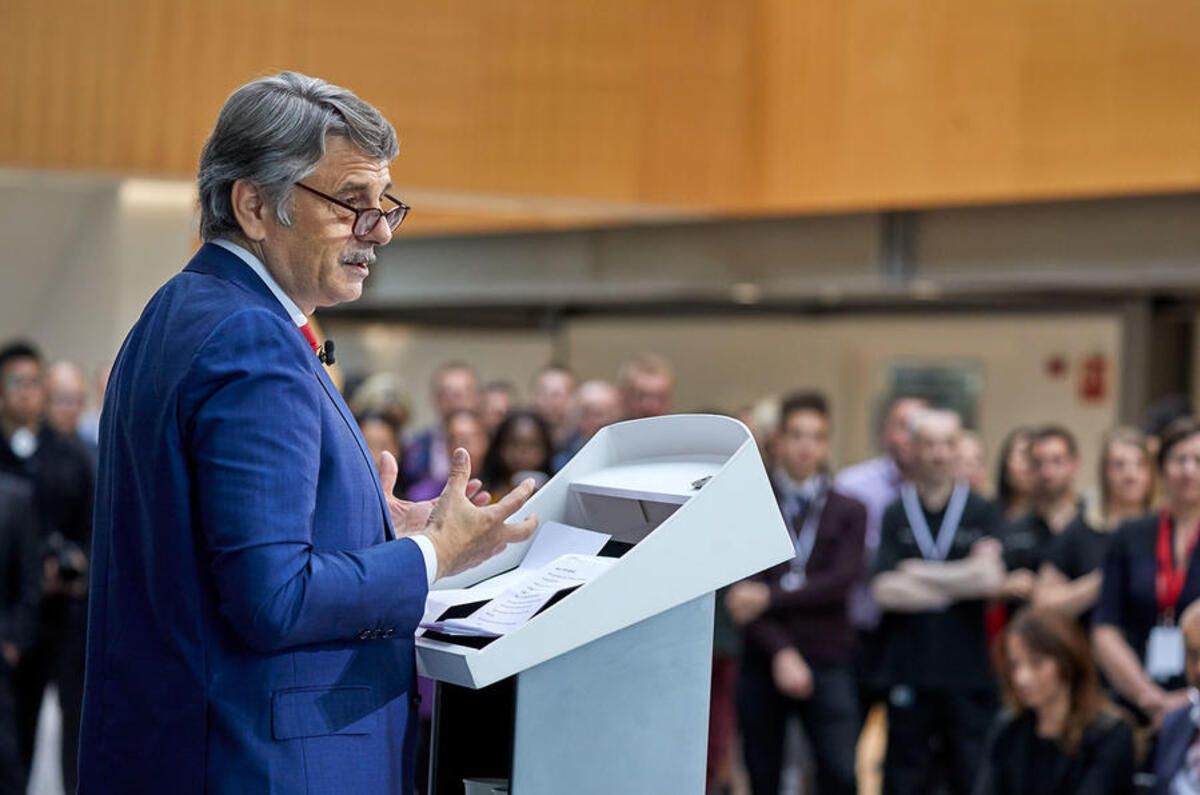
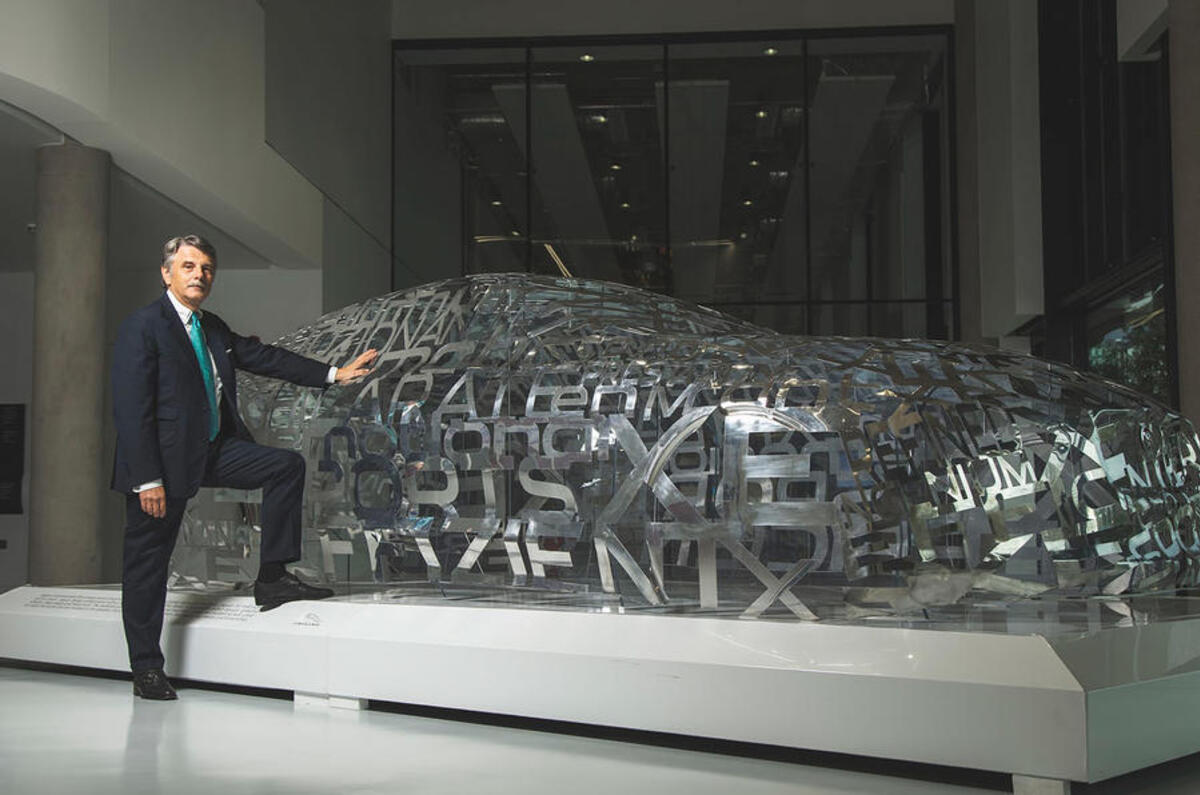


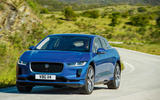
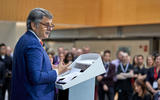
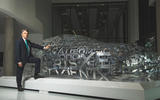






Join the debate
Add your comment
Sir Ralf has been good for
Sir Ralf has been good for Land Rover, and good for engineering in the company (ingenium and i-pace are sound strategic moves), but he was too late in recognising the shortcomings of his Jaguar strategy. Why is the XE so uncompetitive? It has no estate version, or coupe version, although a wagon must have been in the works?! Look at all those german compact luxury estate cars driving around! The excellent XF is uninspiring compared to the original XF, and looks less luxurious -how can that possibly be?
Good effort, Sir Ralf, and a deserved knighthood, but whoever succeeds you needs to pay more attention to Jaguar...
A legacy of rubbish
A legacy of rubbish unreliable graveyard level cars
Something to be proud of
Thanks for all those press junkets Ralph!
Can be the explanation for this sychophantic article.
10 years ago JLR were in profit. Last year they posted record losses. It's a public company, not a social enterprise. It exists to make money for its shareholders, therefore judged by the most important measure, Speth is a failure.
The LR/RR side of the business isn't bad, but which Jaguar product is class leading and 1st to the market? Perhaps the I-Pace. Everything else was late to the SUV party or is an also ran. You only need to look at the enormous discounts on dealer registered-10 miles on the clock-XFs to confirm that.
As for the Brexit effect that Speth mentioned, last year Europe, not including the UK was JLR's biggest market, so he didn't get that prediction right either! It was in China that sales collapsed, and how can that be blamed on Brexit?